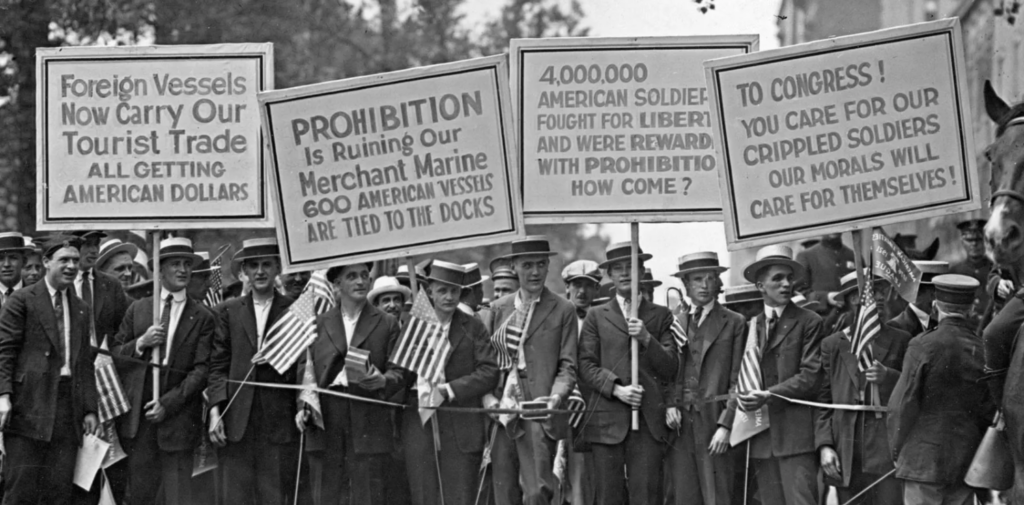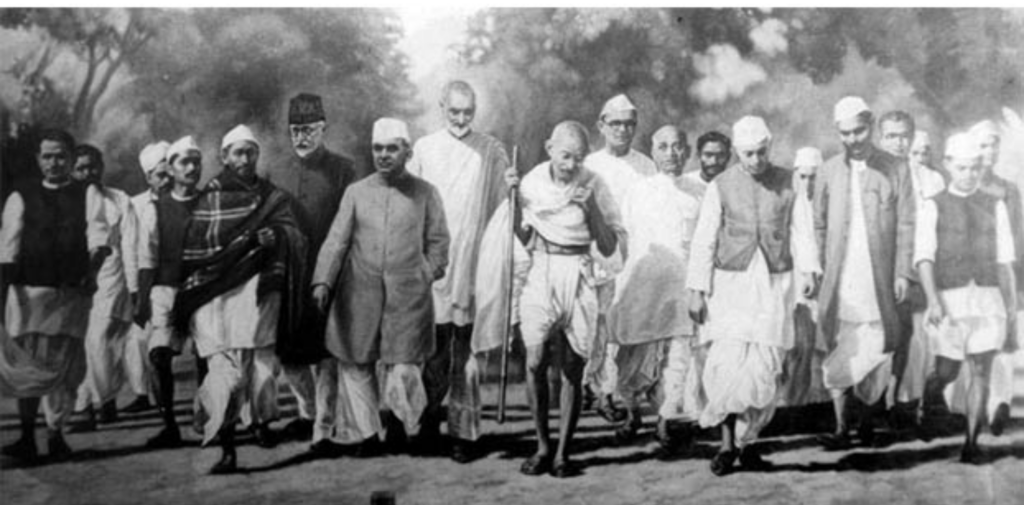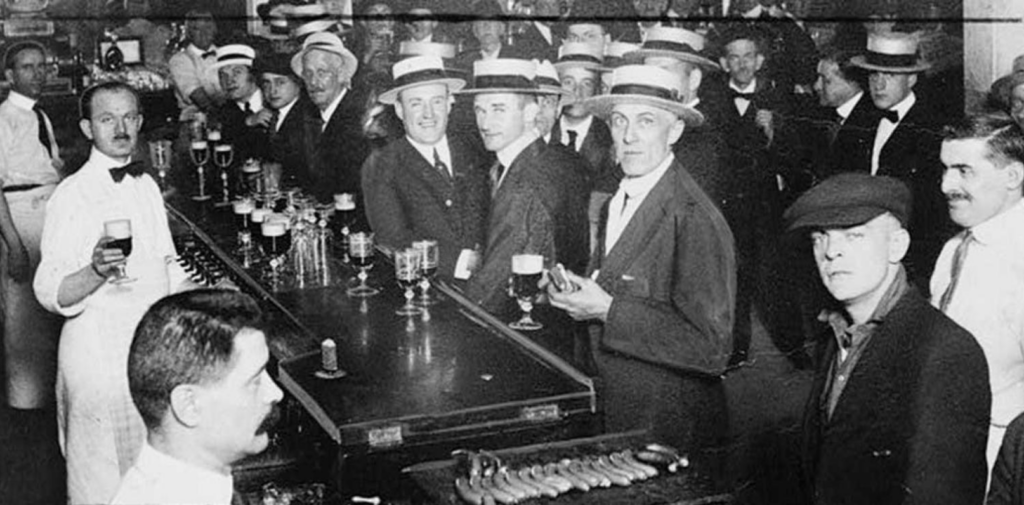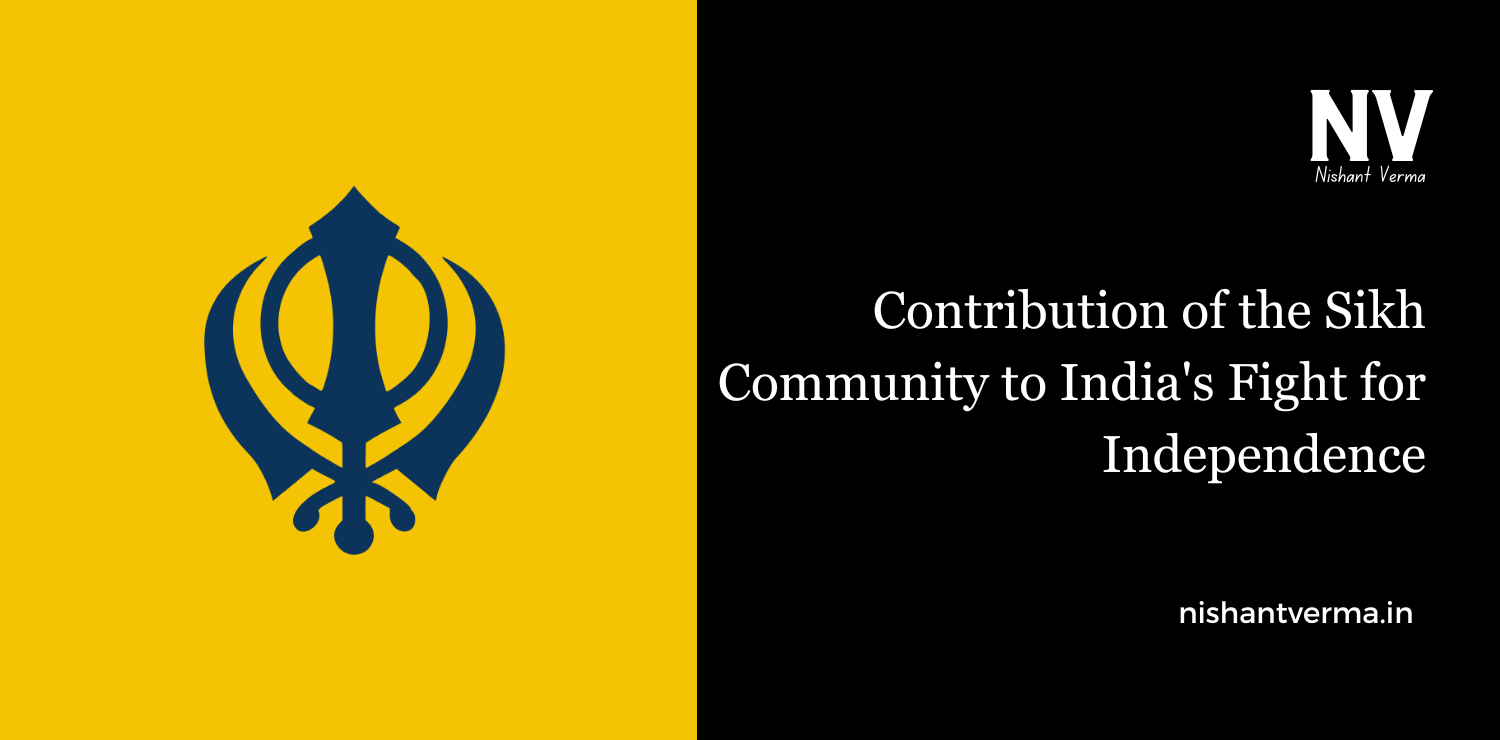The Prohibition Movement in India is an important part of the country’s fight for freedom from British rule. While most people know about the freedom struggle through famous leaders like Mahatma Gandhi, Jawaharlal Nehru, and Subhas Chandra Bose, there is another aspect of the movement that is often not discussed in detail – the fight against alcohol consumption and its social impact. This movement, known as the Prohibition Movement, played a key role in India’s path to independence.
In this article, we will explore what the Prohibition Movement was, why it started, and how it contributed to the larger Indian freedom struggle. By the end, you will understand how this social movement was linked to the fight for independence.
What Was the Prohibition Movement?
The Prohibition Movement was a campaign that aimed to stop the sale and consumption of alcohol in India. The word “prohibition” means the action of stopping something, in this case, stopping people from drinking alcohol. The movement was led by many social reformers, leaders, and organizations who felt that alcohol was causing serious harm to families and society.
This movement became a significant part of India’s struggle for freedom. Though it was not directly related to fighting the British government, it helped spread the ideas of self-reliance, discipline, and social responsibility, which were very important in the larger independence struggle.

The Roots of the Prohibition Movement
The roots of the Prohibition Movement can be traced back to the early 19th century. During this time, many social and religious leaders in India became concerned about the harmful effects of alcohol on society. Alcohol was seen as a major cause of social problems, including poverty, crime, and broken families. It was also a major drain on the resources of poor families, as people would spend most of their money on buying alcohol instead of fulfilling their basic needs.
Many leaders in India believed that alcohol had negative effects on both individuals and society. They felt that it weakened the moral fabric of society and hindered the progress of the nation.
The Role of Social Reformers
Several social reformers were at the forefront of the Prohibition Movement. They spoke out about the negative effects of alcohol and urged people to give it up for the good of themselves, their families, and society.
One of the most important leaders in this movement was Brahmo Samaj founder Rammohun Roy. He was one of the first to speak out against the social evils caused by alcohol. His efforts in promoting social reforms, including the abolition of the Sati system and the promotion of education for women, also linked with his work on alcohol prohibition.
Later, during the late 19th and early 20th centuries, other leaders like Swami Vivekananda and Gopal Krishna Gokhale also spoke against alcohol and supported the idea of prohibition. They believed that India would be stronger and more independent if its people were healthy, moral, and disciplined.

Mahatma Gandhi and the Prohibition Movement
Mahatma Gandhi, the most famous leader of the Indian freedom struggle, played a huge role in the Prohibition Movement. Gandhi believed that alcohol was one of the biggest social evils of his time. He saw it as a source of poverty, crime, and weakness, both for individuals and for the nation.
Gandhi connected the fight against alcohol with his ideas of “Swadeshi” and “Swaraj” (self-rule). He believed that for India to truly be independent, people had to be strong in both body and mind. Alcohol weakened them, making them more dependent on foreign goods and services, and less able to stand up for themselves.
In 1916, Gandhi wrote about the dangers of alcohol and called for its prohibition. He said that drinking alcohol was a waste of money and a cause of harm to both the individual and society. He also linked the consumption of alcohol with the social problems of poverty, child abuse, and domestic violence. For Gandhi, the Prohibition Movement was part of his larger vision for India’s freedom, which included building strong and healthy communities.
How Did the Prohibition Movement Help the Freedom Struggle?
While the Prohibition Movement was not directly about fighting the British, it played an important role in the overall Indian freedom struggle in several ways:
- It Created Awareness: The Prohibition Movement helped raise awareness about the need for social reform. As people began to understand the negative effects of alcohol on their lives and their communities, they became more involved in the freedom struggle. The fight against alcohol was part of a larger movement for social, economic, and political change.
- It Promoted Nationalism: Gandhi and other leaders linked the Prohibition Movement with the idea of self-reliance and independence. They believed that if people gave up alcohol, they would become stronger and more self-sufficient, which was key to the larger goal of Swaraj (self-rule).
- It Strengthened Women’s Rights: Alcohol was often a cause of violence and abuse within families, particularly towards women. By advocating for prohibition, leaders sought to protect the rights of women and create a safer environment for them. This movement contributed to the growing demand for women’s rights in India.
- It Mobilized the Masses: The Prohibition Movement was a social movement that attracted a wide range of people. People from all walks of life, including the poor, women, and workers, joined the movement. This mass participation helped strengthen the overall freedom struggle and brought people together to work for a common cause.
- It Led to Policy Changes: In the 1920s, the British government introduced laws that allowed provinces in India to impose prohibition, especially in some regions where alcohol consumption was widespread. Though these laws were not fully successful, they showed that the movement was influencing the British government and pushing for change.

The Impact of the Prohibition Movement Today
The Prohibition Movement of the early 20th century left a lasting impact on India. Though alcohol is still legal in the country, many states have laws that regulate its sale and consumption. The movement also helped to bring about social changes that emphasized the importance of health, discipline, and social responsibility.
Moreover, the movement played a role in shaping the values of self-control, non-violence, and moral integrity, which became central to the Indian independence movement led by Gandhi.
Conclusion
The Prohibition Movement may not always be the first thing people think of when they talk about India’s freedom struggle, but its role was significant. It helped spread awareness about social problems, promoted the ideas of self-reliance and self-discipline, and brought people together for a common cause. Leaders like Gandhi used the movement to push for broader social change, which was an important part of India’s journey toward independence.
By understanding the Prohibition Movement, we can see that the fight for freedom in India was not just about getting rid of British rulers, but also about building a strong, healthy, and moral society. This movement was a small yet crucial part of the larger story of India’s fight for independence.




